Collection
Date
Location
Type
6 results
Remembering 1807
In 1807 Britain legally abolished the slave trade, although it continued to participate in and profit from the institution of slavery. In 2007 the British government committed public funds to mark the bicentenary of the Slave Trade Act. The Remembering 1807 project has collected and archived material relating to the many events and activities that took place during 2007. These records help us to locate and understand the place of slavery, the slave trade and its abolition in the UK’s public history, commemorative traditions and popular memory. Background to the collection...
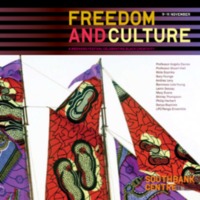
Freedom and Culture 2007
'Freedom and Culture' was a year-long nationwide programme to mark the bicentenary, conceived by Baroness Lola Young of Cultural Brokers (London) and Dr Nima Poowaya-Smith of Alchemy (based in Leeds). In partnership with artists, activists and cultural commentators, the programme explored the…

Parallel Views: Black History in Richmond
The Parallel Views exhibition and its associated community engagement programme explored the relevance of the bicentenary for communities in the London Borough of Richmond upon Thames, uncovering local associations with slavery and its abolition. It also told the parallel story of twin town…
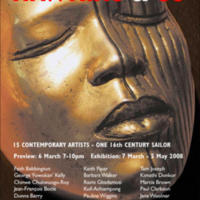
Hawkins & Co
Curated by artist Kimathi Donkor, and first exhibited at London’s Elspeth Kyle Gallery, Hawkins & Co referred to the Elizabethan mariner Sir John Hawkins, whose 16th century voyages to Africa and the Caribbean pioneered the British slave trade. In 2008, an expanded version of the project,…
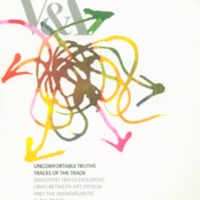
Uncomfortable Truths
Uncomfortable Truths at the Victoria and Albert Museum sought to expose how embedded the transatlantic slave trade was within British culture during the 18th and 19th centuries through art and design. A series of five trails - 'Traces of the Trade' - explored the permanent collections on display…
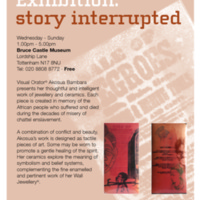
Story Interrupted
Story Interrupted was an exhibition of jewellery and ceramics by visual orator Akosua Bambara at Bruce Castle Museum. Each piece was created in memory of African people who suffered and died in enslavement.
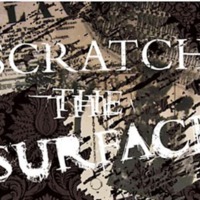
Scratch the Surface
Scratch the Surface at the National Gallery brought together two portraits, Johann Zoffany's 'Mrs Oswald' (1763-4) and Sir Joshua Reynolds's 'Colonel Tarleton' (1782), to explore the complex relationship between these sitters and slavery. Colonel Tarleton, as MP for Liverpool in the 1790s, argued in…